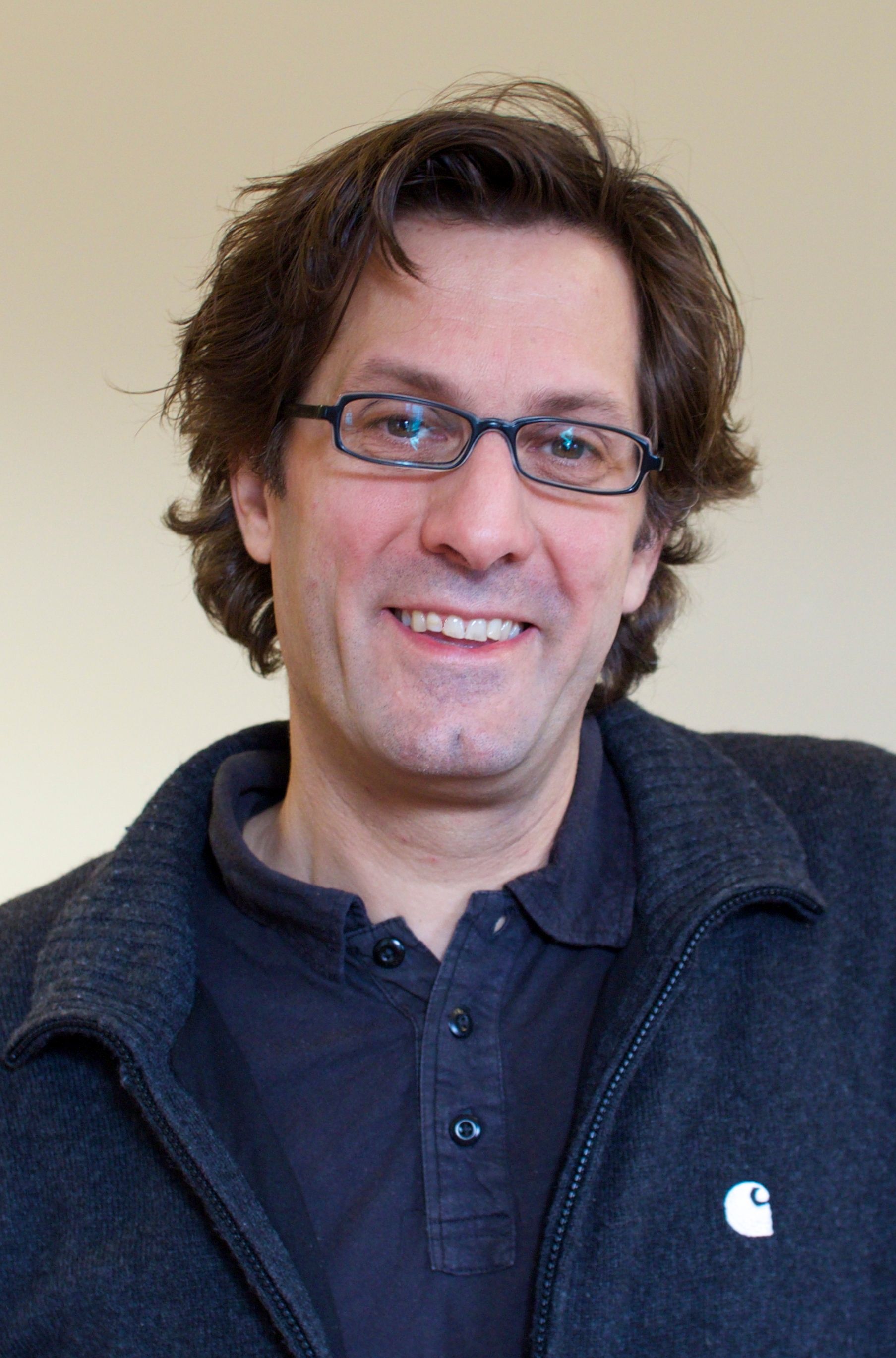
Short biography:
Jörg is a researcher at the Bjerknes Centre since 2010. He is interested in the interactions of biogeochemical cycles with the climate system and in describing these complex processes with numerical models. He is working on historical and projected marine carbon cycle feedbacks and on how to constrain them with observations.
Abstract:
Large parts of anthropogenic CO2 emissions are absorbed by the oceans, but climate warming reduces the ocean uptake capacity for CO2. Quantifying the strength of these two carbon cycle feedbacks is one of the grand challenges of climate science. Should humankind resort to actively remove CO2 from the atmosphere ("negative emissions") to avoid dangerous climate change, we urgently need a better quantification of carbon cycle feedbacks also for negative CO2 emissions. The newly funded Bjerknes strategic project LOES (Low and Overshoot Emission Scenarios) addresses such research questions. Here I am presenting first LOES results from an Earth system model experiment, which was designed to distinguish between the influence of changing CO2 and changing climate under a strong (idealized) CO2 overshoot scenario.
The results show that the nearly linear relationship between uptake reduction and surface warming found previously for positive emissions does not hold under declining CO2 concentrations. While surface warming is reversible, our experiment shows that the decreased ocean uptake is maintained throughout the period of negative emissions. Since the average ocean temperature is likewise not immediately reversed, it can serve as a quite powerful proxy for the global ocean carbon uptake reduction. I show that both, the physical and biological components of the feedback, scale nearly linearly with average ocean temperature.
Arranged date for the seminar talk: May 07, 2018
